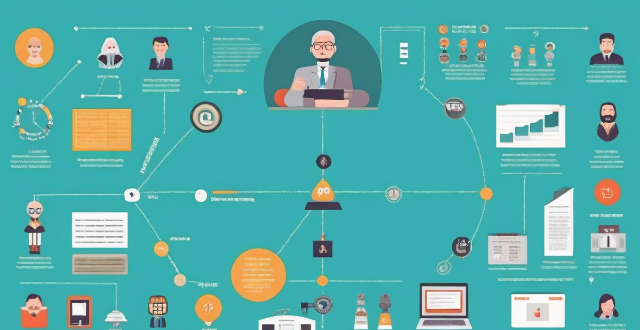The article discusses the relationship between social inclusion, diversity, and multiculturalism. It defines each concept and explains their importance in promoting equality, participation, and belonging. The article also highlights the benefits of diversity and multiculturalism, such as enhanced creativity and understanding among different cultural groups. The intersectionality of these concepts is explored, along with examples of inclusive policies and practices. Education is emphasized as a crucial tool for promoting social inclusion, diversity, and multiculturalism. Overall, the article concludes that these interconnected concepts are essential for building a more equitable and harmonious society.

Social Inclusion, Diversity, and Multiculturalism: An Interconnected Relationship
Introduction
Social inclusion is a concept that promotes the participation of all individuals and groups in society. It aims to eliminate barriers and discrimination, ensuring equal opportunities for everyone. Diversity and multiculturalism are closely related to social inclusion, as they involve the recognition and celebration of differences among people. This article will explore the relationship between social inclusion, diversity, and multiculturalism.
The Importance of Social Inclusion
- Equality: Social inclusion ensures that everyone has equal access to resources, opportunities, and rights.
- Participation: It encourages active engagement in social, economic, and political activities.
- Belonging: Social inclusion fosters a sense of belonging and acceptance within a community.
Defining Diversity and Multiculturalism
*Diversity*
- Definition: The presence of different types of people within a group or organization.
- Characteristics: Age, gender, race, ethnicity, religion, sexual orientation, etc.
- Benefits: Enhances creativity, innovation, and problem-solving abilities.
*Multiculturalism*
- Definition: The acceptance and respect for multiple cultures within a society.
- Characteristics: Cultural traditions, beliefs, values, and practices.
- Benefits: Promotes understanding, tolerance, and harmony among different cultural groups.
The Relationship Between Social Inclusion, Diversity, and Multiculturalism
*Intersectionality*
- Social inclusion intersects with diversity and multiculturalism, as it addresses issues related to marginalized groups.
- Recognizing diversity and promoting multiculturalism are essential components of achieving social inclusion.
*Inclusive Policies and Practices*
- Governments and organizations can implement policies and practices that promote social inclusion, diversity, and multiculturalism.
- Examples include affirmative action programs, anti-discrimination laws, and cultural exchange programs.
*Education and Awareness*
- Education plays a crucial role in promoting social inclusion, diversity, and multiculturalism.
- Schools can teach students about different cultures, promote tolerance, and discourage prejudice.
Conclusion
Social inclusion, diversity, and multiculturalism are interconnected concepts that work together to create a more equitable and harmonious society. By recognizing and celebrating differences, we can build a world where everyone feels valued, respected, and included.